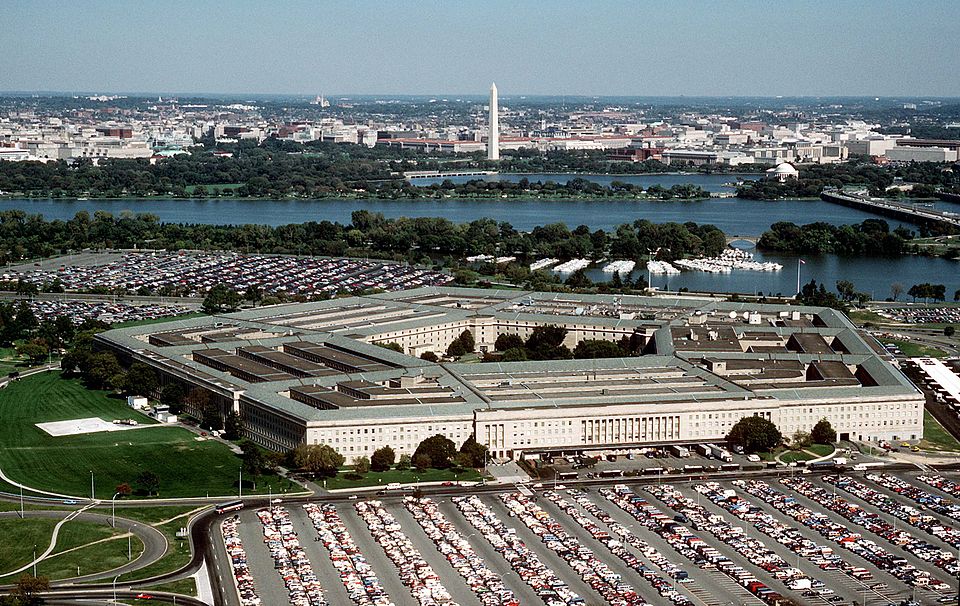
A mystery benefactor has stepped in with a staggering $130 million donation to the Pentagon to ensure US military personnel continue receiving paychecks
during the ongoing government shutdown — a move that’s drawing both praise and ethical scrutiny.
Defense officials confirmed the unprecedented contribution, saying the funds would help cover pay and benefits for the country’s 1.32 million active-duty service members. The Pentagon declined to identify the donor, citing privacy, though former President Donald Trump described him as a “great gentleman” and “patriot” who supports him personally.
“He doesn’t really want recognition,” Trump told reporters before departing for Asia on Saturday. “He put up $130 million to make sure the military got paid — and he’s a big supporter of mine.”
The donation comes as the government shutdown stretches into its 25th day, one of the longest in US history. The standoff began after Congress failed to approve a funding bill, freezing large portions of the federal government and leaving thousands of employees either furloughed or working without pay.
Last week, the administration temporarily covered military pay by redirecting $8 billion from defense research programs. But with the next payday looming on October 31, questions remain about whether such measures — or private donations — can continue to fill the gap.
According to Pentagon spokesman Sean Parnell, the money was accepted under the department’s “general gift acceptance authority,” a rule allowing the military to receive donations under specific conditions. “The donation was made on the condition that it be used to offset the cost of service members’ salaries and benefits,” Parnell said.
Still, ethics experts and lawmakers are uneasy. Pentagon rules require that any gift over $10,000 undergo a review to ensure the donor has no pending business or legal matters with the department. Gifts from foreign nationals trigger even deeper scrutiny.
“Using anonymous donations to fund our military raises troubling questions of whether our own troops are at risk of literally being bought and paid for by foreign powers,” said Senator Chris Coons of Delaware, the top Democrat on the Senate Defense Appropriations Subcommittee.
While the Pentagon has previously accepted gifts, they are typically earmarked for tangible projects such as schools, museums, or cemeteries — not payroll.
For now, the $130 million lifeline amounts to roughly $100 per service member. But without a breakthrough in Washington, it remains unclear whether generosity — even on this extraordinary scale — can keep America’s armed forces paid as the shutdown drags on. Photo by "DoD photo by Master Sgt. Ken Hammond, U.S. Air Force.", Wikimedia commons.









































